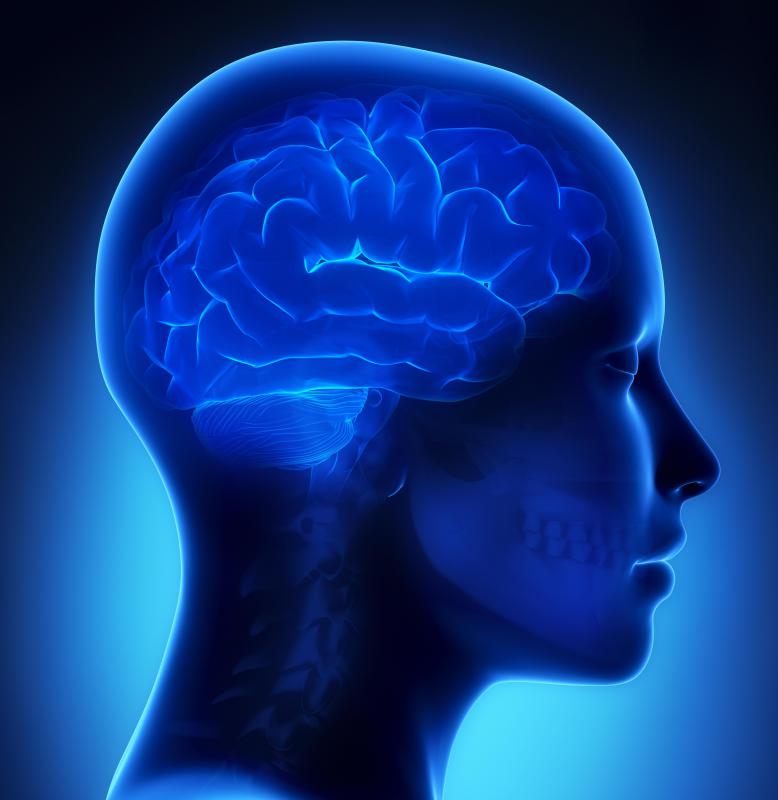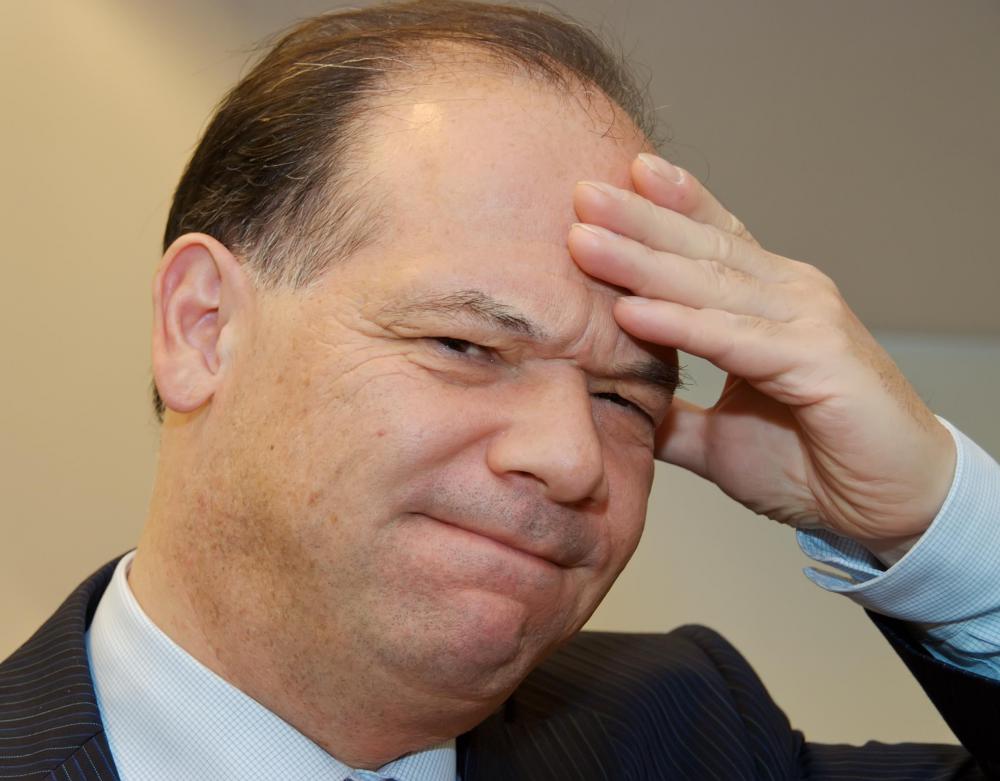At TheHealthBoard, we're committed to delivering accurate, trustworthy information. Our expert-authored content is rigorously fact-checked and sourced from credible authorities. Discover how we uphold the highest standards in providing you with reliable knowledge.
What Is Visual Memory?
Visual memory is the process of recalling information a person has seen. This type of memory is often considered different than other types of memory, such as the ability to recall facts or pieces of music. Different people have different degrees of aptitude for this type of memory, and it is believed to be possible to improve this type of memory with practice. Many people believe that this type of memory is important for learning and that deficiencies in visual memory can be related to specific learning disorders like dyslexia. Culturally, visual memory is problematic because, while humans tend to treat it as infallible, it has been demonstrated that humans do not always recall visual information objectively.
The process of recalling visual information is not as straightforward as many people believe. For example, visual memory can be affected by age, alcohol, or lack of sleep. When a person's brain takes in visual information, it is not stored as a single image or set of images. Information about what the brain sees is stored, but certain areas may be more easily recalled and certain information may be altered. Additionally, memories that are not purely visual may be more vivid or easier to recall, and memories that are not primarily visual may still have image components.

There are many theories about how visual information is stored in the brain. In general, all theories account for the fact that different people will remember a scene in different ways depending on what aspects of the image drew their attention. One interesting aspect of this type of memory is that people are often capable of imagining other visual positions for objects they have seen from only one angle.

In most cases, memories of visual features are partial. A person may remember a general scene as well as specific features about that scene, but he or she will likely be unable to perfectly recall all visual details. People with perfect visual memory are rare, but they do exist. Perfect memory of this type is known as photographic or eidetic memory. Often, these people suffer from certain mental disorders, or they may be identified as savants.

Many people believe that it is possible to improve visual memory. Practice exercises typically involve reconstructing what was in a picture from memory, either through drawing or description. Not only do these exercises improve memory, but they also improve attention to detail. Whether or not memory is dramatically improved, this type of practice is generally thought to impact the brain in a positive way.
AS FEATURED ON:
AS FEATURED ON:















Discussion Comments
@Logicfest -- yes, "Psych" was more than a bit ridiculous at times, but consider this -- a good detective must have good visual memory. Police detectives go through a lot of clues and remembering them objectively so they can be used in context later is critical.
Indeed, visual memory can be improved with the right training and exercises. That much has been proven.
Ever seen the show "Psych?" There was an entire television series based on the notion that visual imagery could be improved through training and exercise. Of course, that was just a television show but it does hinge on the fact that one with acute visual memory can do amazing things.
Post your comments